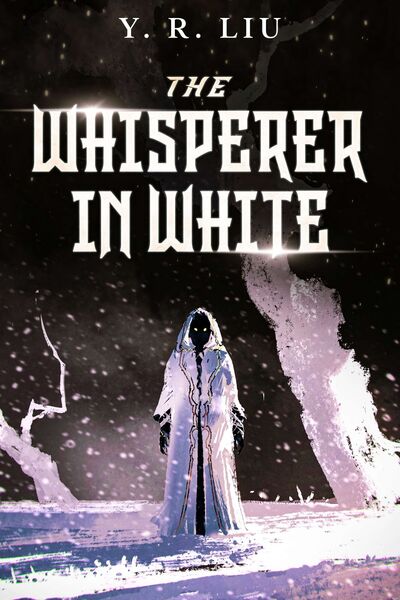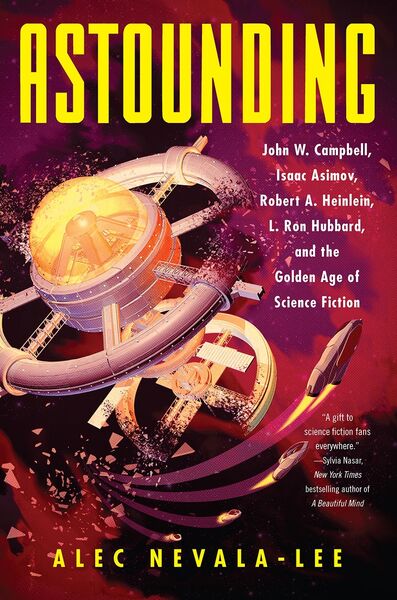Familect phrases
Jul. 25th, 2025 11:04 amHere are some examples from around my house:
A "fuzzy" is a polar fleece jacket. (source: unknown)
Cat food comes in two varieties: gooshy (wet) and crunchy (dry). (source: Two Lumps webcomic)
"Bloop bloop?" means "Would you care to engage in sexual intercourse with me?" (source: a Tumblr post from someone who heard elk mating calls, parsed them as 'bloop bloop,' and started using the noise with their partner for the purpose, which cracked us up)
"One day... when you least expect it..." means, "I am contemplating taking you to bed." We almost never say the "I WILL HAVE SEX WITH YOU!" bit. (source: the second linked George Takei PSA)
The cat, as is the way of cats, has a zillion nicknames, including "Bunny," "[The] Fur," "Miss Fuzzbutt," and "Catface." T. S. Eliot violently underestimated the number of names my cats tend to accumulate, and none of the options are effin' ineffable. (reference: not how he officially spelled it but what we all heard)


